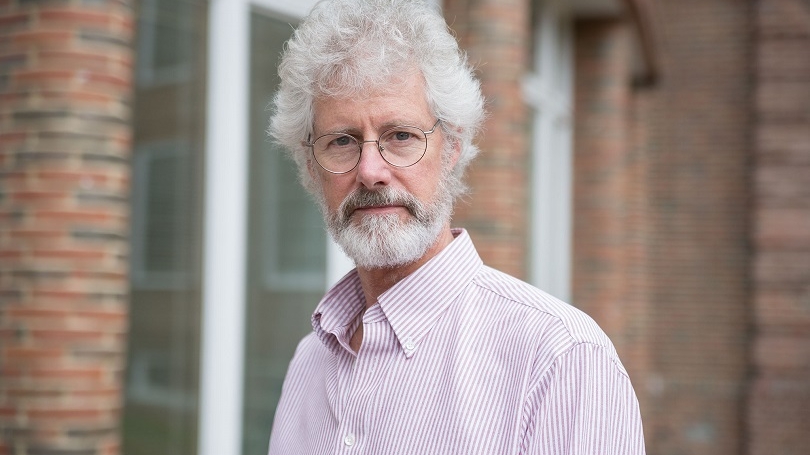
- Public Policy
- Leadership
- Funding
- News & Events
- About the Center
Back to Top Nav
Back to Top Nav
Back to Top Nav
Back to Top Nav
What started as a casual conversation in 2004 between Dartmouth Class of 1925 Sociology Professor John Campbell and McGill University Sociology Professor John Hall turned into a compelling new publication on states’ responses to crisis. Campbell and Hall were sharing a meal, when Hall posed the question, “Denmark is a remarkable place, a really small country doing surprisingly well….How does a little country like this pull this off?”
Both men had spent a lot of time in Denmark, and based on their experiences and research, this simple question turned into a short paper, which then turned into a 300-page edited volume focusing on Denmark, published in 2006. Encouraged by the success of their research, Campbell and Hall looked to see if this was a phenomenon bigger than Denmark, and started writing articles on a number of small countries that culminated in their new book The Paradox of Vulnerability: States, Nationalism and the Financial Crisis (Princeton University Press, 2018).
Campbell’s research and subsequent projects were supported in part by a research grant through the Nelson A. Rockefeller Center at Dartmouth College. Since his research aligned with public policy, Campbell reached out to the Center to see if funding was available for his project. He is quick to acknowledge that the research grant played a significant role in the completion of the book, as it allowed Campbell to travel and conduct multiple interviews in four countries, the results of which became crucial elements of the book.
In the book, Campbell and Hall explore the question of why small, homogenous countries, such as Denmark, are thriving economically and examine the response of small nation-states to the 2008 financial crisis. One conclusion is that smaller, more vulnerable states have along the way developed institutions that facilitate resilience if bad things occur; and when bad things occur, they tend to be in a better position to respond flexibly and effectively. It is not a matter of whether or not a country has a crisis - all countries have crises - but in his research and book, Campbell analyzes how fast these countries can deal with emergencies and how effectively.
Less than a year after publishing this book, Campbell released American Discontent: The Rise of Donald Trump and Decline of the Golden Age (Oxford University Press, 2018). A book focusing on Donald Trump’s journey to the presidency. Additionally, he and Hall are currently working on a loose spin-off of The Paradox of Vulnerability focusing on the fragility and instability of capitalism. The new book’s working title is Capitalism Now and will be published in 2021 by Cambridge University Press.
The Nelson A. Rockefeller Center supports an annual competitive research grant program open to tenured and tenure-track Dartmouth faculty for research on public policy issues relevant to the social sciences. Click here for more information.
Written by Anneliese Thomas ’19, Rockefeller Center Student Program Assistant for Communication